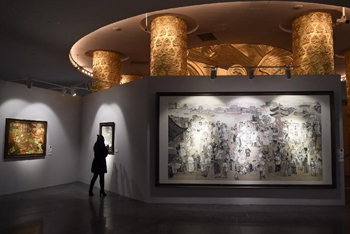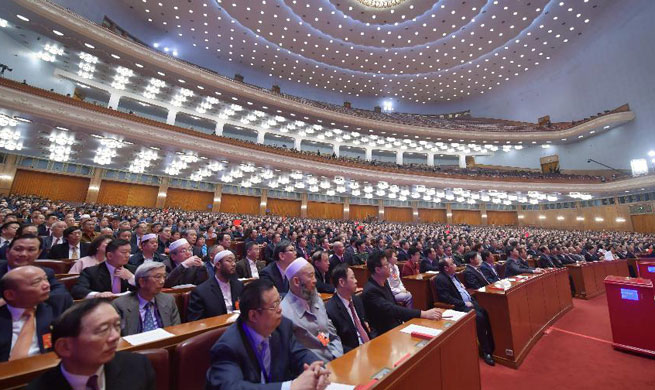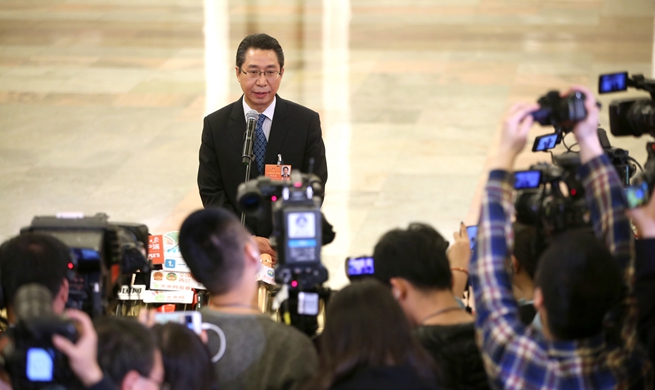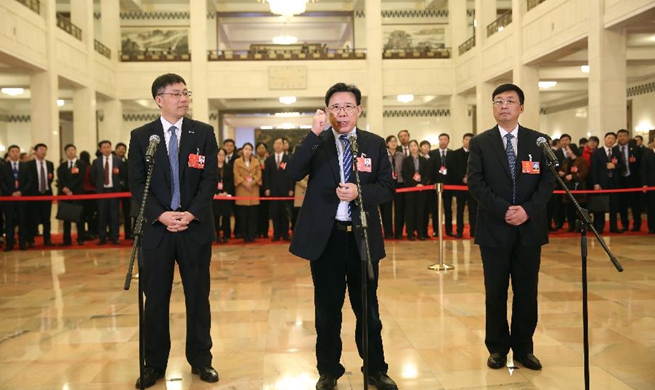LONDON, March 14 (Xinhua) -- The International Paralympic Committee (IPC) on Wednesday praised Stephen Hawking as "an extraordinary man and a pioneer" for all people after the renowned theoretical physicist died at the age of 76.
IPC President Andrew Parsons, who is attending the PyeongChang Winter Paralympic Games, said in an statement, "Professor Stephen Hawking was an extraordinary man and a pioneer for all people with an impairment around the world. He embodied the word "ability" more than anyone.
"In the Paralympic Movement we always say that Para athletes see challenges as opportunities to do things differently. Although not a Para athlete, Hawking did just that, finding innovative solutions to overcome his disability and continue his ground breaking work as a world-leading physicist," the statement said.
"We are eternally grateful that he was involved in the London 2012 Paralympic Games and his words from the Opening Ceremony were truly magical. He said the Paralympic Games transform people's perceptions of the world, and thanks to his inspirational work we know far more about the world that we live today," it continued.
Hawking played a prominent role in the 2012 London Paralympic Opening Ceremony, narrating a scientific journey of discovery.
His speech at the Opening Ceremony nearly six years ago still rings true for many today. "The Paralympic Games is about transforming our perception of the world. We are all different. There is no such thing as a standard or run-of-the-mill human being, but we share the same human spirit," he said at the ceremony.
"What is important is that we have the ability to create. This creativity can take many forms, from physical achievement to theoretical physics. However difficult life may seem, there is always something you can do and succeed at," Hawking reminded all of us.
Hawking, a legendary figure in the modern history of physics, authored several best-sellers on science, including "A Brief History of Time," despite being bound to wheelchair after contracting a motor neurone disease in 1963.
The professor died peacefully in his sleep at his home in Cambridge early on Wednesday local time.

















